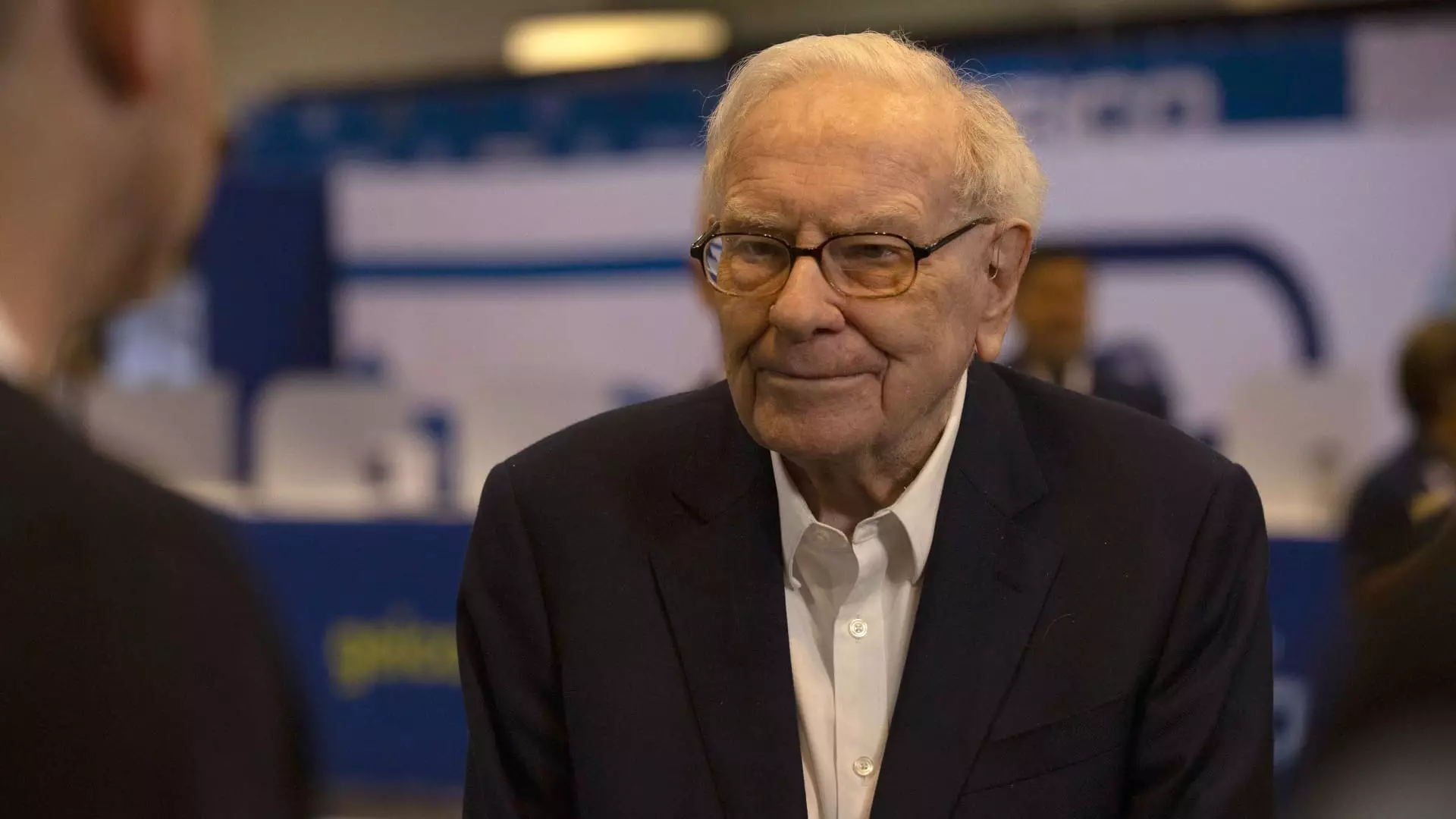Warren Buffett, the legendary investor and CEO of Berkshire Hathaway, has recently made headlines with his decision to reduce his stake in Bank of America (BofA) to just below 10%. This move marks a notable pivot in Buffett’s investment strategy, particularly after a prolonged bullish period for the bank where he had established himself as its largest institutional investor. The move comes amid a series of stock sales initiated in mid-July, culminating in the sale of more than 9.5 million shares within a tight timeframe from Tuesday to Thursday. Following this reduction, Berkshire’s holdings now sit at approximately 775 million shares.
One significant aspect of this development is the regulatory landscape surrounding large shareholders. By dipping below the 10% ownership threshold, Berkshire Hathaway escapes the obligation to report its trades within the typical two-business-day window that the U.S. Securities and Exchange Commission (SEC) mandates for owners of more than 10% of a company’s equity. As a result, investors and analysts eager to anticipate Buffett’s next moves will have to wait until the next 13F filing in mid-November, which will provide insights only into the status of Berkshire’s equity holdings as of the end of September.
Interestingly, despite Berkshire’s selling spree, BofA shares have managed to demonstrate resilience, inching up about 1% over the past month. This stability raises questions regarding investor sentiment towards the bank, especially as Bank of America CEO Brian Moynihan noted that stock repurchases have played a significant role in maintaining share value during this turbulent period. Buffett’s sales come on the heels of a broader sell-off in his banking sector holdings, reflecting an evolving attitude towards traditional banking stocks.
Buffett’s relationship with Bank of America dates back to 2011 when he invested $5 billion in preferred stock and warrants during a time of crisis for the lender, which had been significantly impacted by the subprime mortgage crisis. His move not only lent the bank essential funds but also restored confidence in the company. Over time, he has converted these warrants to common stock and has continued to bolster his investment in the bank, though recent trends depict a stark departure from this prior bullish stance.
Buffett’s recent remarks regarding the banking sector indicate a notable caution. Commenting on the banking crises of both 2008 and 2023, he expressed concerns about the lasting changes to public confidence in banks and the implications of digitalization in financial systems, which have transformed how bank runs occur. His insights suggest a wariness of the current banking performance amidst shifting economic landscapes and technological advancements that can exacerbate financial instability.
In essence, Buffett’s divestment from Bank of America signifies a critical juncture not just for Berkshire Hathaway but for the broader banking sector. While the immediate impact on BofA’s stock has been limited, the long-term implications of such a strategic retreat warrant close examination by investors and analysts alike.

